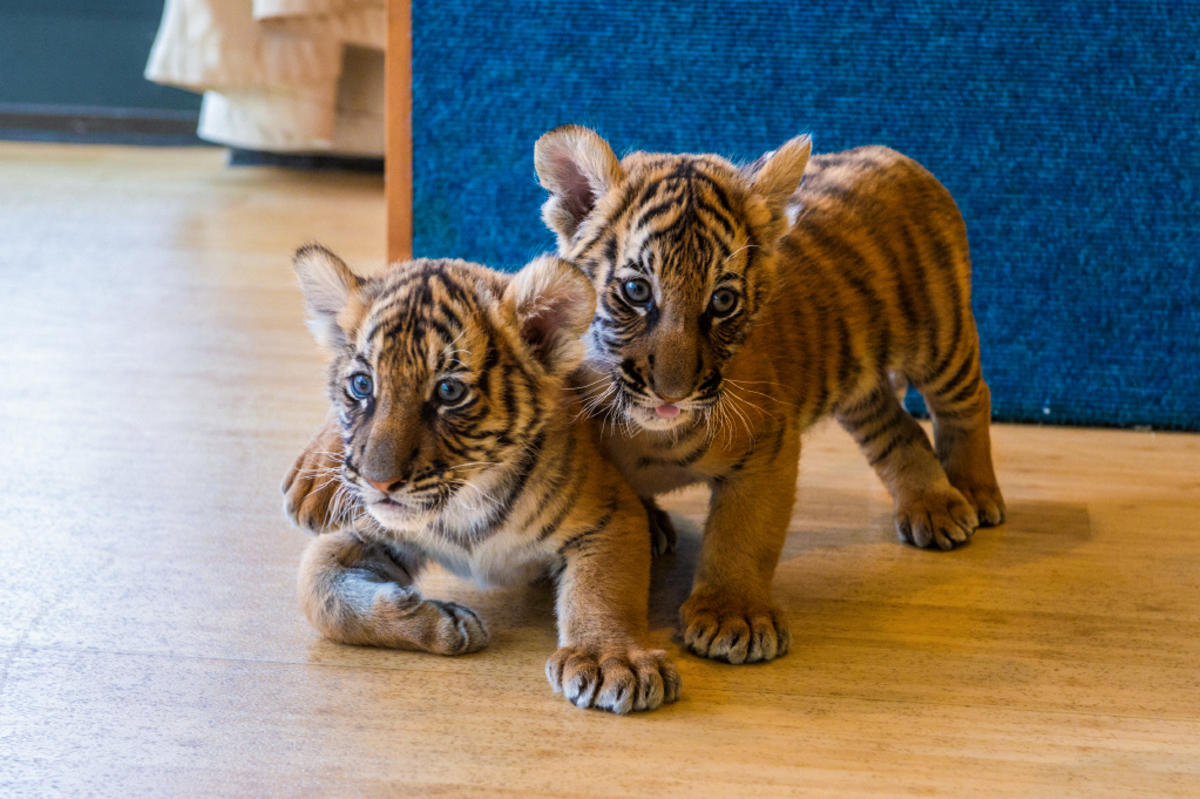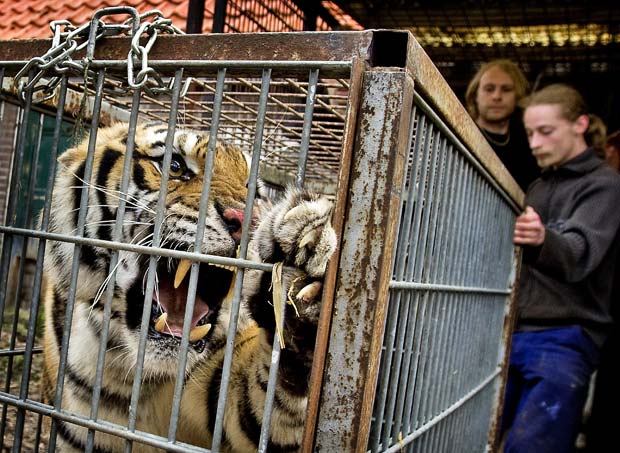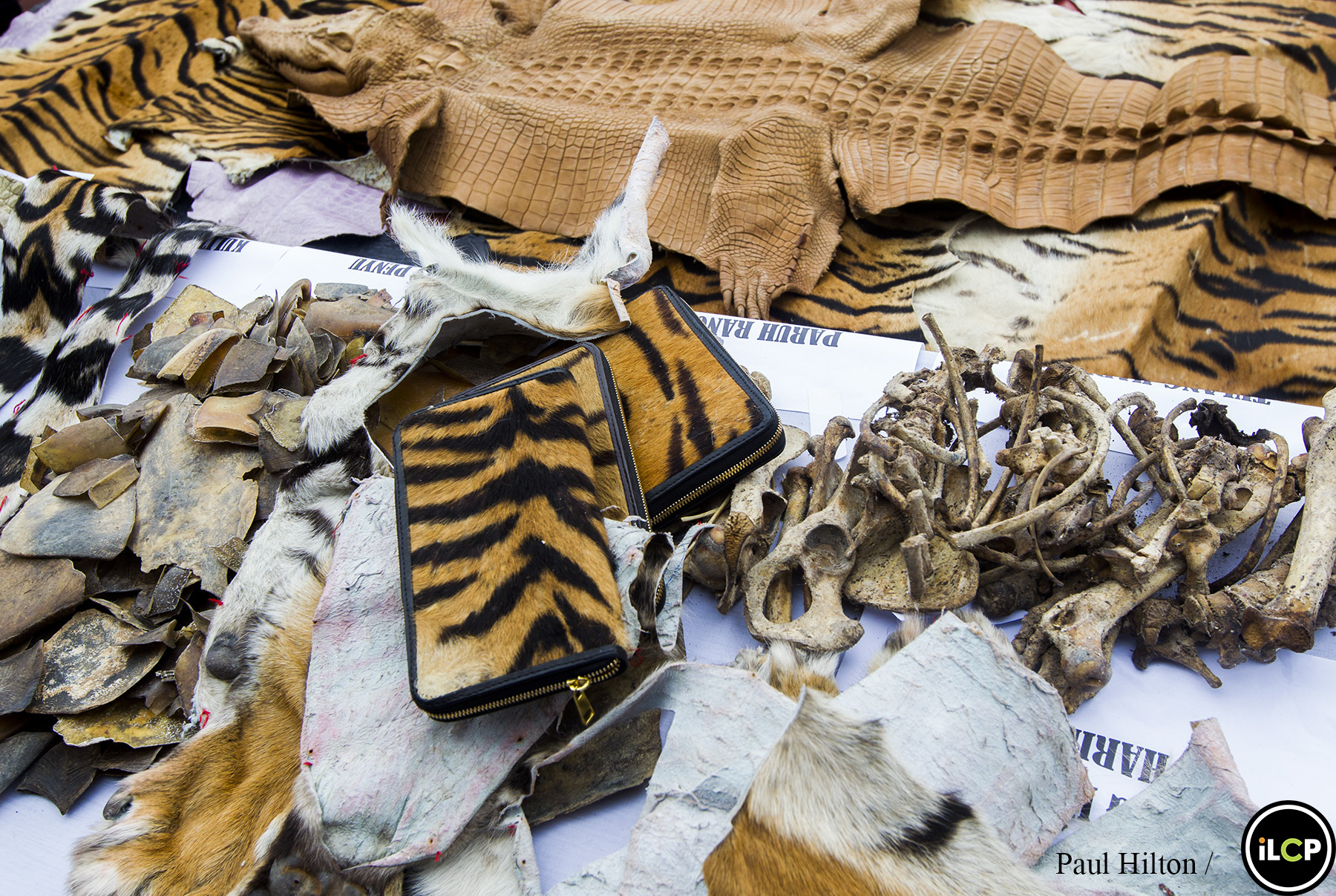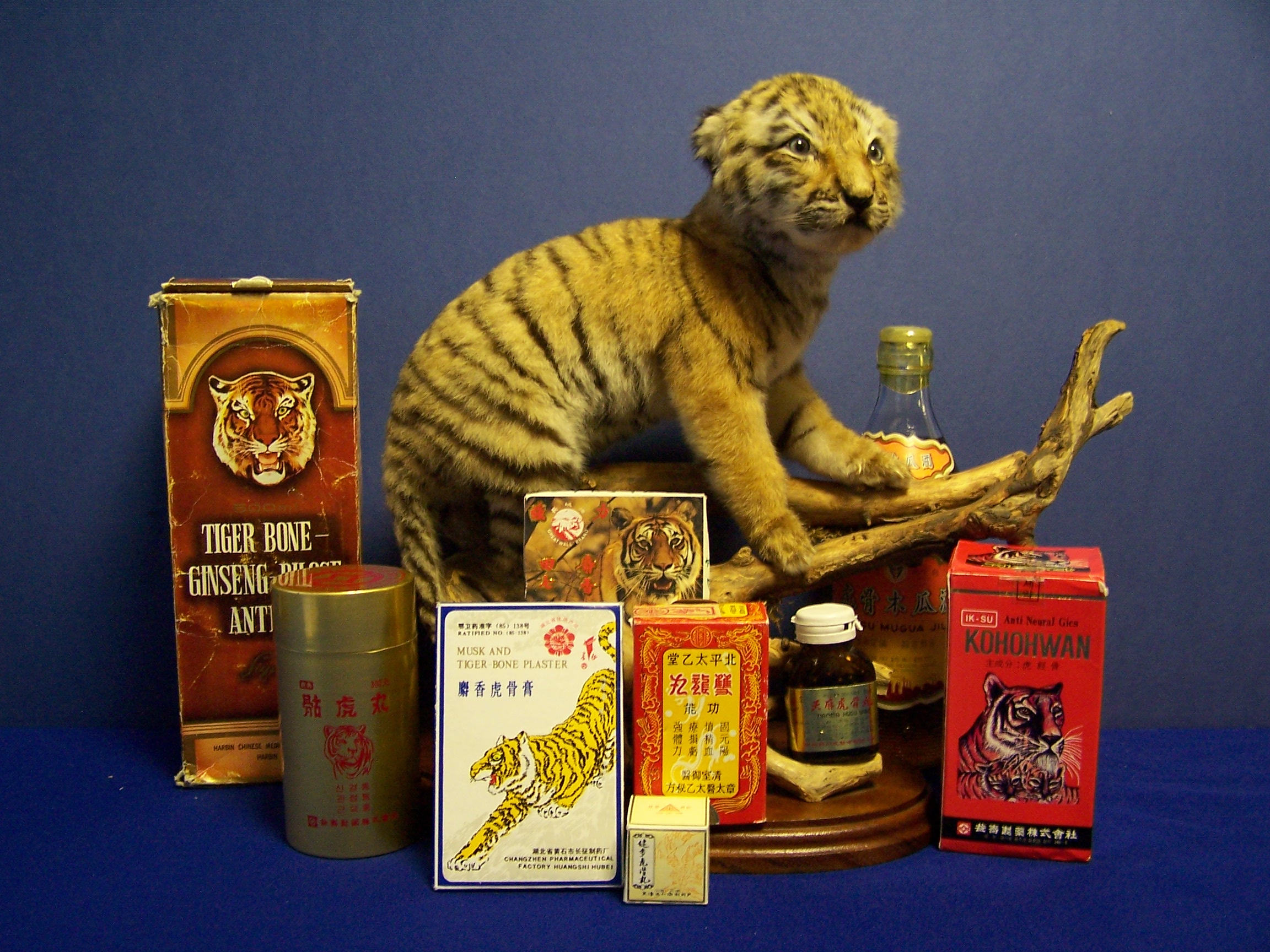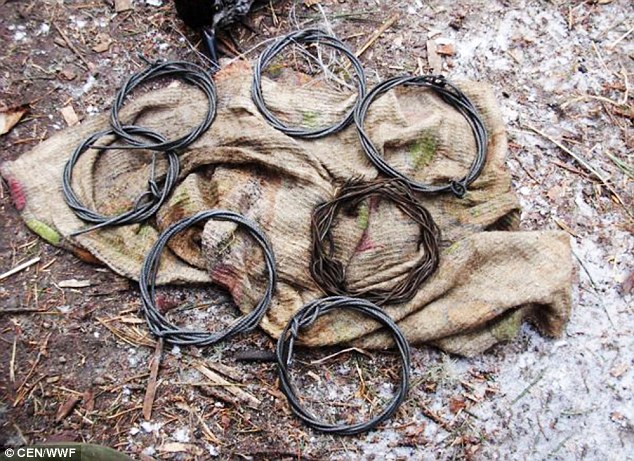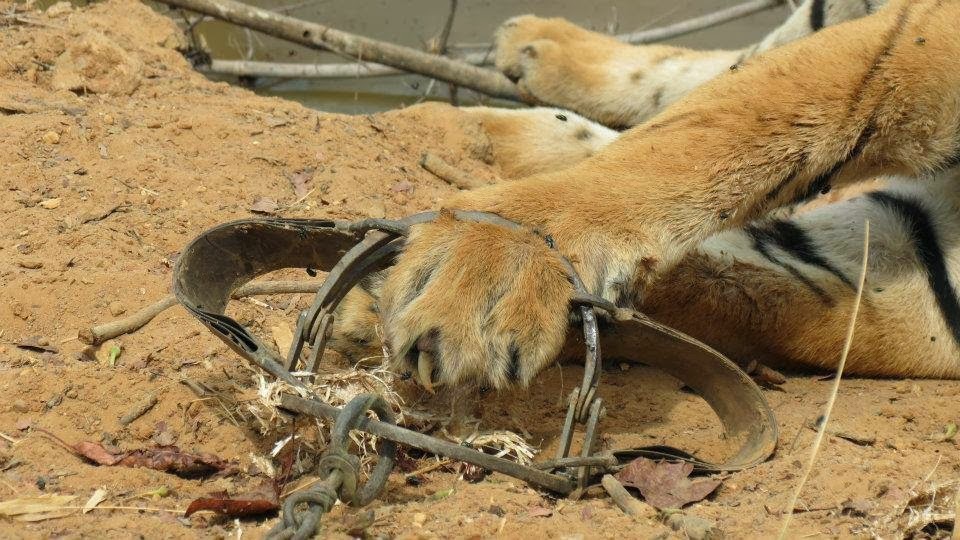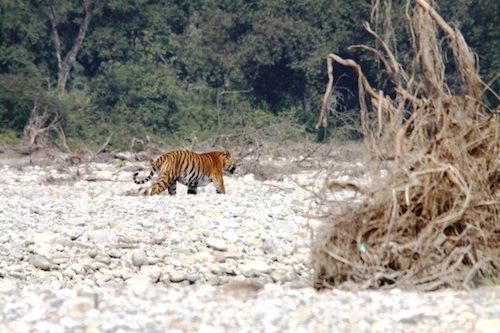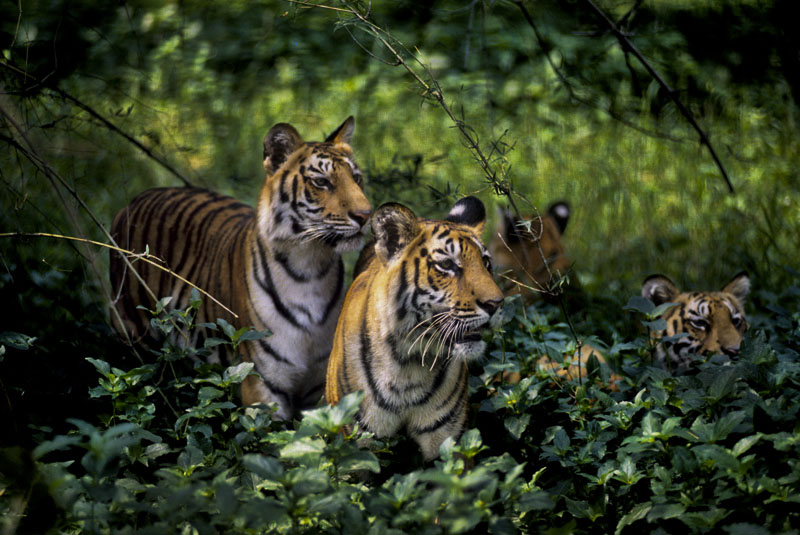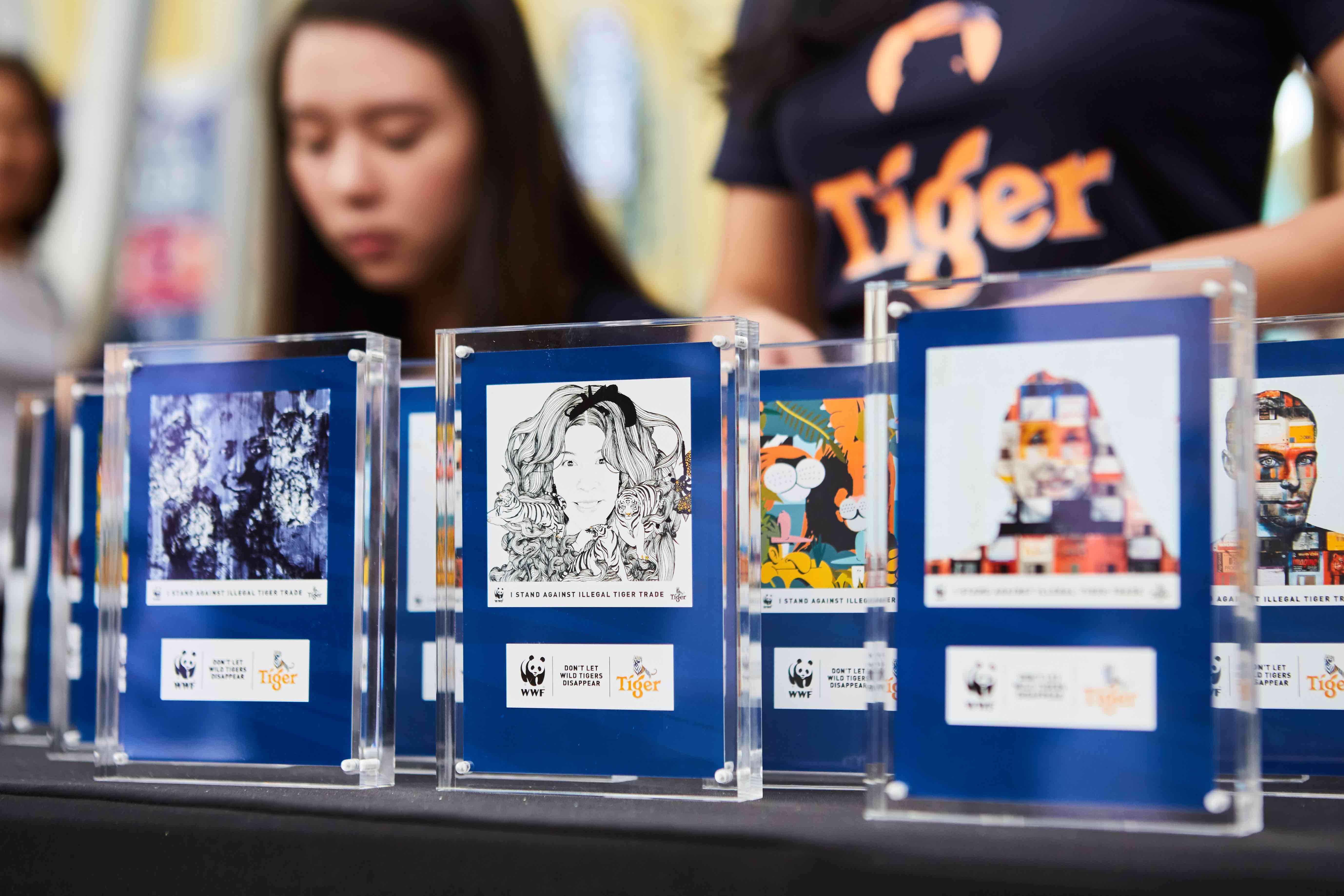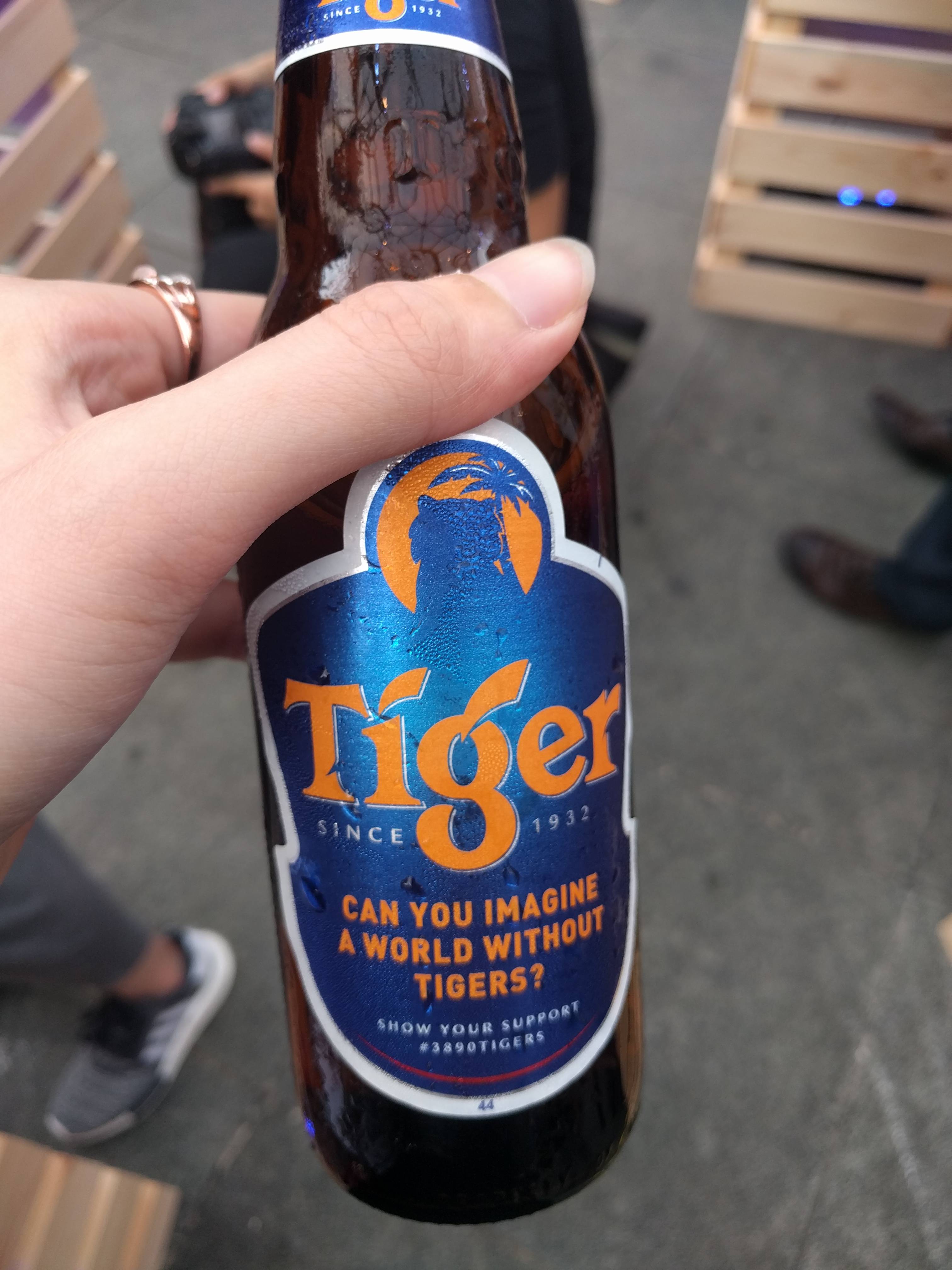There Are Only 250 Malayan Tigers Left In The World. Here's What You Can Do About It
If we don't do something now, all the tigers in the world will disappear within our lifetime.
Global Tiger Day is happening this Saturday on 29 July 2017. Head over to The Square, Publika from 12 noon onwards to join Tiger Beer and pledge your support to stop the illegal tiger trade.
As of November 2016, it's estimated that there are only 250 Malayan tigers left in the world
The Malayan tiger is a tiger subspecies that are found only on the Malay Peninsula and the south of Thailand.
According to a news article, the Malayan tiger population grew by merely two with the birth of a pair of tiger cubs in the Bronx Zoo back in 2016.
While this is certainly good news, the Malayan tiger is still listed as critically endangered by the International Union For the Conservation of Nature.
Combined with other tiger species, the current world population of tigers is estimated to be only 3,890
This is shocking as there were about 100,000 tigers roaming in the wild 100 years ago. A century later, less than four percent of the population is what's left. This means that an estimated 100 tigers are killed every year by poachers and hunters.
The illegal tiger trade thrives on high demand for tiger products
The illegal tiger trade is a blackmarket business that is worth USD20 billion per year. It's thriving because there's high demand for tiger products, such as rugs made from their skin, traditional medicine made from their bones, and stuffed tigers for decorative purposes. Besides that, there are also people who participate in trophy hunting, where they hunt tigers for fun.
The only way to stop this is to stop the demand. When there's no demand for tiger products and trophies, there won't be any killings too.
Many of them are killed by snares and traps as well
Snares are traps made from sharp cable wires shaped into a noose. Hunters and poachers like using them as they are cheap and easy to make. However, they are also one of the cruelest traps used on animals.
Tigers experience excruciating pain once they walk into a trap. According to Mike Baltzer, leader of the Tigers Alive initiative from WWF, the pain could kill them even before the hunters or poachers get to them - and it's a slow, torturous death.
A Sumatran tiger was found by rescuers a week after it was trapped, when its paw was already rotting. Unfortunately, the tiger died before they could release it from the snare.
The large numbers of traps and deforestation have caused tigers to lose about 40% of their natural habitat between 1996 and 2006. What's more alarming right now is that as of 2016, only 7% of their home is left.
All these make tigers feel unsafe, thus discouraging them to mate and reproduce. Without new tiger cubs to replace the dying tigers, it's no wonder the numbers of tigers in the wild are decreasing.
To raise awareness about the situation, Tiger did a social experiment to see how Malaysians would react to products made from tiger parts:
What can be done now? In 2006, Perhilitan hosted a workshop to develop the National Tiger Conservation Action Plan (NTCAP).
The action plans were implemented from 2008 to 2015 with the aim of giving tigers a future and to have at least 1,000 tigers surviving in Malaysia's Central Forest Spine by 2020.
WWF also started the Tx2 initiative in 2010 to save the tigers
The Tx2 commitment is an initiative that WWF and 13 governments from tiger range countries, including the Malaysia, are working on. This ambitious project aims to double the number of wild tigers by 2022, making sure that there are at least 6,000 tigers in the wild by the next Year of the Tiger.
This year, Tiger Beer is also donating USD1 million to WWF to help with the Tx2 initiative
According to Baltzer from WWF, the money will be used to raise awareness about the illegal tiger trade to stop it, and train rangers to protect and manage national parks and areas where tigers are. The donation will also be used for other wildlife conservation efforts as well.
They are also launching the #3890Tigers campaign together with WWF to raise awareness about the initiative
#3890Tigers is a digital campaign that aims to raise awareness about the threats tigers face and support WWF's Tx2 commitment. Tiger Beer and WWF approached six artists from around the world to create six creative art pieces using tigers as the subject.
These six art pieces are then combined with the Tiger Art Intelligence Tool to allow social media users to create selfies based on the styles of those six artists.
Limited edition Tiger Beer bottles without the logo are also released to mirror the fact that tigers are disappearing
Baltzer from WWF said that tigers could disappear within our lifetime if we don't do something to stop the killing now.
The limited edition packaging is accompanied with a question: "Can you imagine a world without tigers?"
You can stop tigers from disappearing by pledging to fight the illegal tiger trade on 3890tigers.com
Log onto 3890tigers.com and take a selfie. Then choose your favourite art piece out of the six featured ones to be merged with your selfie. Once it's done, share it on your social media pages with the hashtag #3890Tigers to pledge your support.
By combining your selfie with a tiger art piece, Tiger Beer's Global Director Mie-Leng Wong said that this symbolised human and nature can indeed coexist. It is a powerful message that everybody can send out and help raise awareness about the situation.
